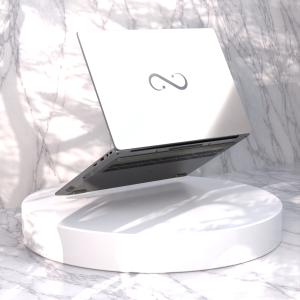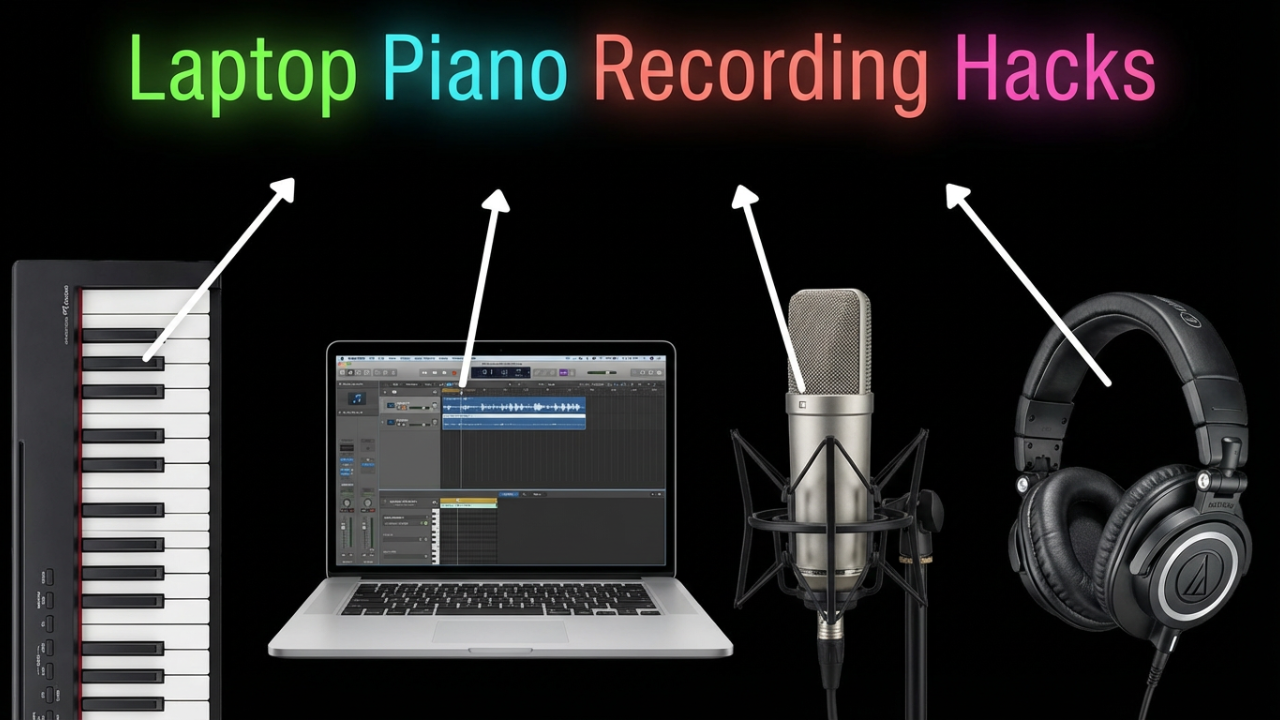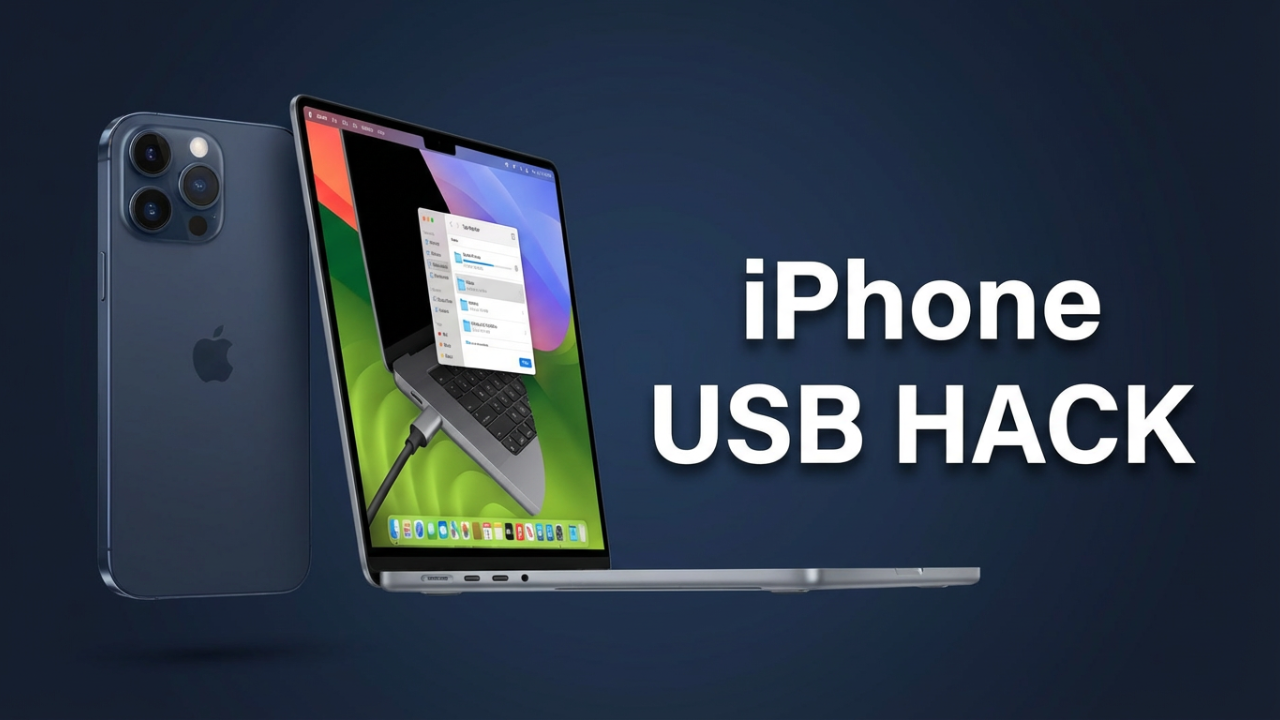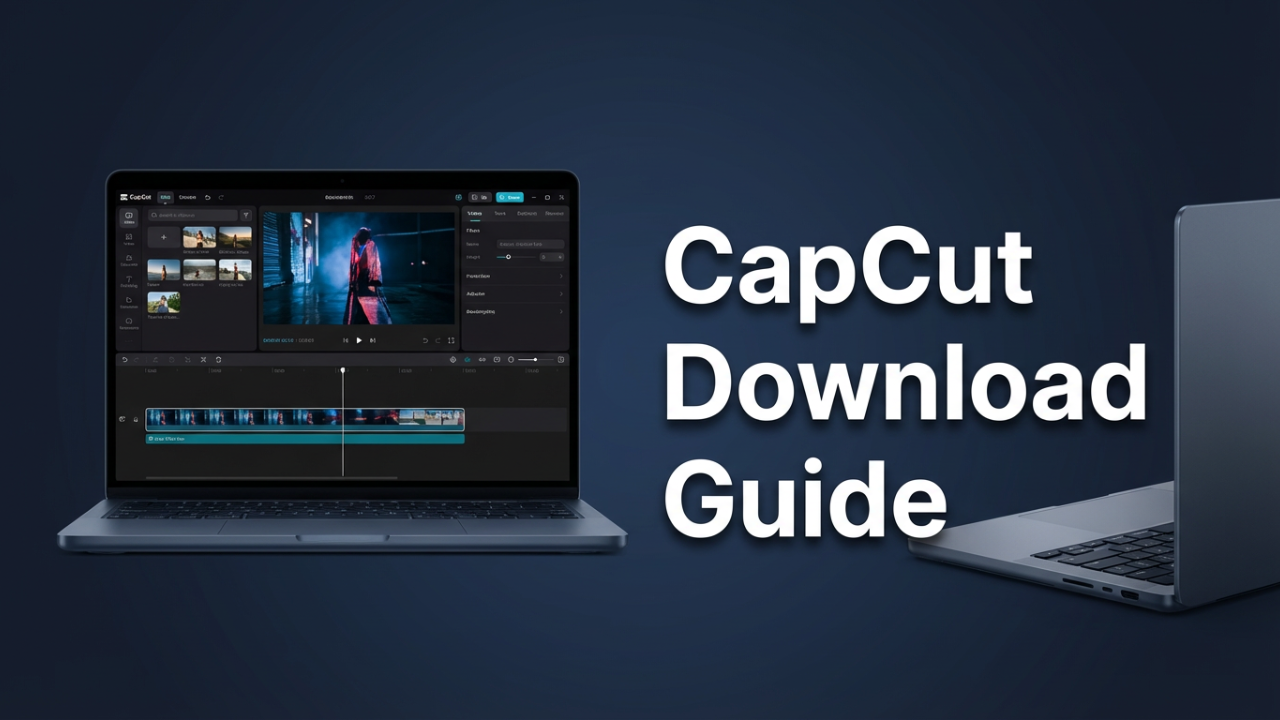What is a Laptop Computer? An In-Depth Exploration
In the digital age, where technology forms the backbone of communication, education, and business, the laptop computer stands out as one of the most versatile and essential tools available. While many people use laptops daily—whether for work, study, or leisure—fewer may fully understand what defines a laptop, its components, its evolution, and its significant role in contemporary society. This blog post aims to elucidate what a laptop computer is, its intricate components, how it compares to other computing devices, and its importance in our everyday lives.

Defining a Laptop Computer
A laptop computer, commonly referred to simply as a laptop, is a portable personal computer designed for mobile use. It integrates the components of a traditional desktop system—such as a keyboard, display, storage, and processing unit—into one compact unit. Laptops are equipped with an internal power supply and often feature a rechargeable battery, allowing them to operate without being plugged into a power source, making them ideally suited for users on the go.
The Key Components of a Laptop
To understand how laptops function and what differentiates them from other computing devices, it is crucial to examine their main components:
- Display: The display is the primary output device of the laptop, usually an LCD or LED panel. Laptop screens typically range from 11 to 17 inches diagonally, balancing portability with usability.
- Keyboard: Unlike desktops that use an external keyboard, laptops come with a built-in keyboard that includes function keys, a numeric keypad, and often a touchpad or trackpad for navigation.
- Processing Unit (CPU): The “brain” of the laptop, the CPU is responsible for executing instructions and performing calculations. Modern laptops may feature dual-core or multi-core processors, providing the power needed for multitasking and sophisticated applications.
- Memory (RAM): Random Access Memory (RAM) is crucial for a laptop’s performance, as it temporarily stores data that the CPU needs while executing tasks. More RAM typically translates to better performance, especially when running multiple applications simultaneously.
- Storage: Laptops come equipped with storage options, primarily Hard Disk Drives (HDD) or Solid State Drives (SSD). HDDs offer more space at a lower cost, while SSDs provide faster data access and increased reliability.
- Graphics Processing Unit (GPU): Integrated or dedicated GPUs render images, videos, and animations. For gamers or professionals in graphic design, a dedicated GPU can significantly enhance performance.
- Battery: One of the defining features of a laptop is its rechargeable battery, which allows for portable computing. Battery life varies by model, usage, and settings, but many laptops are designed to provide hours of use on a single charge.
- Connectivity Options: Laptops are equipped with various ports and connectivity options, including USB, HDMI, audio jacks, and often Wi-Fi and Bluetooth capabilities, enhancing their versatility in connecting to external devices and networks.
Comparing Laptops to Other Computing Devices
Laptops occupy a unique niche in the computing ecosystem, positioned between desktop computers and mobile devices like tablets and smartphones. Here are some key differences:
- Portability: While desktops may offer superior performance and larger screens, they lack the portability that laptops provide. Laptops can easily be transported, making them ideal for professionals and students alike.
- Performance: Laptops have become increasingly powerful, with specifications that can rival many desktop setups. However, high-end gaming or professional-grade tasks may still benefit from a desktop’s more robust components.
- Functionality: Laptops typically offer a more extensive range of functionalities compared to tablets and smartphones. Many applications and software available on desktop computers can run on laptops, providing a more versatile computing experience.
The Evolution of Laptop Computers
The first true portable computer appeared in the late 1970s, but laptops gained popularity in the 1990s with advancements in battery technology and processing power. Over the decades, laptops have undergone significant transformations, including the introduction of lighter materials, improved battery life, and enhanced multimedia capabilities.
In recent years, the rise of ultrabooks, 2-in-1 laptops, and gaming laptops has further diversified the market. Ultrabooks focus on slim design and portability without sacrificing performance, while 2-in-1 devices offer the ability to function both as a laptop and a tablet. These innovations reflect the growing demand for adaptability and efficiency in mobile computing.
The Role of Laptops in Contemporary Society
Today, laptops are indispensable tools in various spheres of life. In education, they facilitate remote learning and provide students access to digital resources. In the corporate world, laptops enable telecommuting and enhance productivity, allowing employees to work from virtually anywhere. Moreover, for creatives and content creators, laptops provide the power and versatility needed to produce professional work.
Furthermore, as society continues to shift towards digital information and online interactions, the role of laptops remains paramount. Whether for professional development, personal projects, or entertainment, laptops have become synonymous with modern life.
Conclusion
In conclusion, a laptop computer is more than just a tool; it is a gateway to a world of information, creativity, and connectivity. Understanding its functionality, components, and significance is key to maximizing its potential. As technology continues to evolve, laptops will undoubtedly adapt, remaining at the forefront of personal computing and reshaping how we interact with our digital environment. Whether you are a student, a business professional, or an avid gamer, the laptop is an essential companion that caters to a myriad of needs, empowering us in our digital endeavors.
Shop Now






